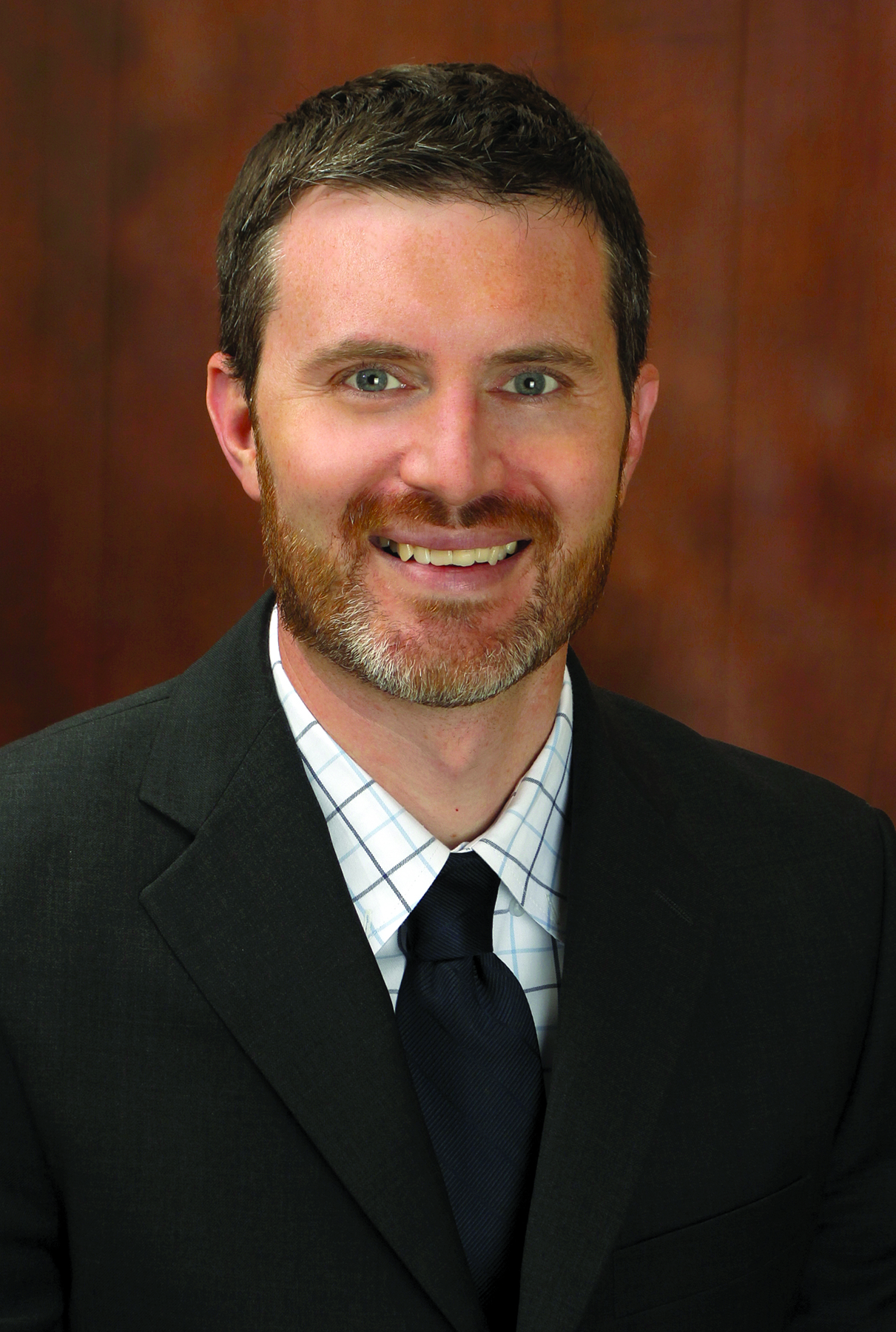Palmyra native Karen Minch jumped at the chance when a staff member from her dentist’s office called to say they had a cancellation and could clean Karen’s teeth a month earlier than expected. The rescheduled appointment may have helped save Karen’s life.
She has lived with Multiple Sclerosis (MS) for the past 23 years. It is a disease that damages nerves and causes many different symptoms, including vision loss, pain, fatigue, and impaired coordination.

Over the past three years, however, Karen began noticing new and different signs from her body that something was not right - dizziness, lightheadedness, cold hands and feet, feelings of pressure in her chest and neck, and the ends of her fingers occasionally turning purple.
“I knew something wasn’t right. But we just put it all on my MS, not realizing there may have been something else going on also,” Karen explained.
She did have medical tests to determine the cause of her new symptoms. The results identified a failing gallbladder. It was removed and the symptoms cleared up, but only for a while.
Then, Karen went to the dentist.
“Sitting in the dentist’s chair I started having those pressures in my chest and neck – that weird, odd feeling - and the ends of my fingers were really turning purple,” Karen recalled of her April 12, 2024, appointment. “The dentist said, ‘We better forget the dental work and get you to the emergency room.”
“I took myself to the Blessing ER. I was in the hospital for four days,” Karen continued.
Over the course of the four days, Blessing Health interventional cardiologist Dr. Jeffrey Cook ran tests to find the cause of Karen’s new symptoms, including a chemical stress test that she failed, and then a heart catheterization – a test Karen did not undergo during her first round of testing three years ago.
The failed stress test and resulting heart catheterization led Dr. Cook to find the answer to Karen’s troublesome new symptoms. They were being caused by a congenital heart defect called Anomalous Aortic Origin of a Coronary Artery, also known as AAOCA. In short, the coronary artery is in the wrong place in the heart, disrupting the normal way blood flows through the heart and keeping oxygen-rich blood from getting to the heart muscle.
“One nurse told my husband, ‘We’ve never seen anything like this,” Karen said.
That’s because AAOCA affects only 1% of the population. It is normally detected in newborns and corrected. But if undetected at birth, AAOCA can be fatal. Karen said she has read that most adults with AAOCA rarely live past 60. Karen is 57.
“Luckily, Dr. Cook kept pursuing this and said, ‘I want a heart catheterization.’ That is how he found it,” she said.
“I started to suspect something was unusual when there was absolutely no sign of her left coronary artery at the standard position,” Dr. Cook explained. “When we started looking for her right coronary artery on the other side, the left coronary lit up in the abnormal position––and more concerning we could see it being squeezed while her heart contracted.”
 Dr. Cook recommended Karen have open heart surgery. She would undergo a procedure to ease the pressure her heart was putting on her misplaced coronary artery when it contracted, an operation known as “unroofing.” Because AAOCA is rare, Dr. Cook suggested Karen have surgery at Barnes Jewish Hospital in St. Louis.
Dr. Cook recommended Karen have open heart surgery. She would undergo a procedure to ease the pressure her heart was putting on her misplaced coronary artery when it contracted, an operation known as “unroofing.” Because AAOCA is rare, Dr. Cook suggested Karen have surgery at Barnes Jewish Hospital in St. Louis.
“I appreciated his honesty,” said Karen, a long-time Blessing Health patient.
Further testing at Barnes confirmed Dr. Cook’s diagnosis and recommendation of surgery.
Karen’s husband, Forrest “Ace” Minch, said Karen’s lead heart surgeon at Barnes also confirmed the rarity of the condition.
“He said he had only seen 15 of these surgeries,” Ace said. “And one of the ICU nurses said he’d been there five years and had seen only one of these surgeries during that time.”
After several hours in surgery on April 30, 2024, with a team including three heart specialists, Karen spent nine days in the hospital.
“One of the first things I said when I came out of anesthesia was, ‘Feel my hands! My hands are warm,’ Karen said. “I had cold hands and feet my whole life and now I had this oxygen and blood flow going through my heart that I never had before.”
Karen is home and healing with the help of Blessing Home Care and Blessing Hospital’s Cardiac Rehabilitation program. From all indications, she suffered no heart damage due to her long-term AAOCA.
“She broke all the benchmarks as far as recovery goes,” Ace reported.
Karen and Ace credit their deep faith and the prayers of friends around the country and in Karen’s hometown of Palmyra, Missouri, for her eventual diagnosis and treatment.
“I can remember my dad telling us, as he was fighting cancer, that he didn’t know how people got through things in life without faith, family and friends. I truly believe the same thing,” Karen said.
And of course, she credits Dr. Cook.
“He had the eye to see something different, unique and rare was going on with me and how it could best be treated,” Karen concluded.
“Certainly, this is one of those scenarios that you learn about while preparing for board certification exams, but only encounter a few times in your career,” Dr. Cook added. “For me, this was only the second time I saw the entire left coronary artery come from the right side.”
For more information on the care available through Blessing Health’s Heart & Vascular Center, go to blessinghealth.org/heart.
